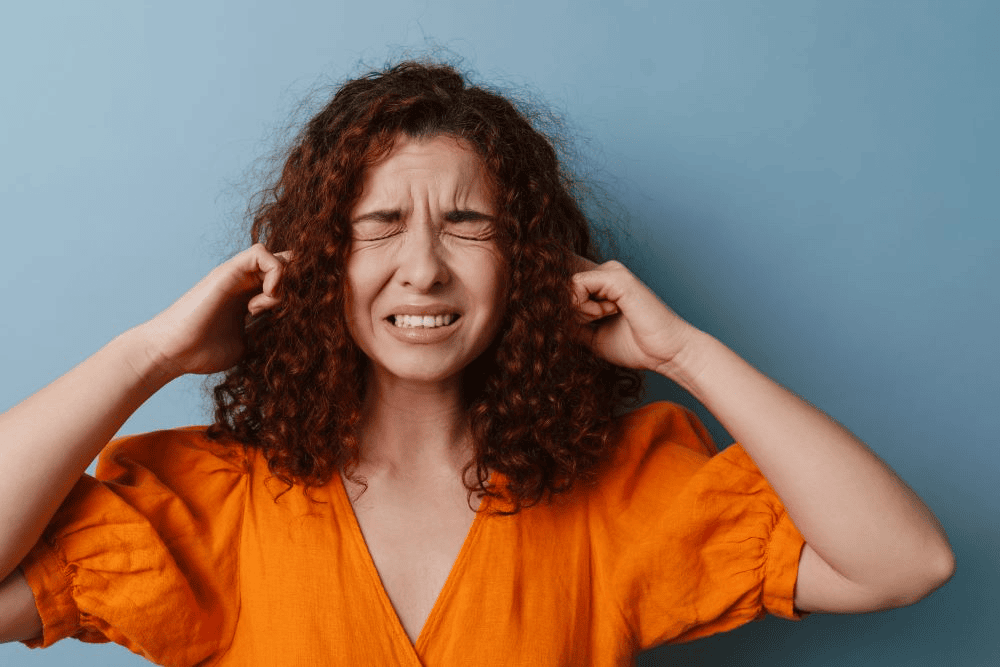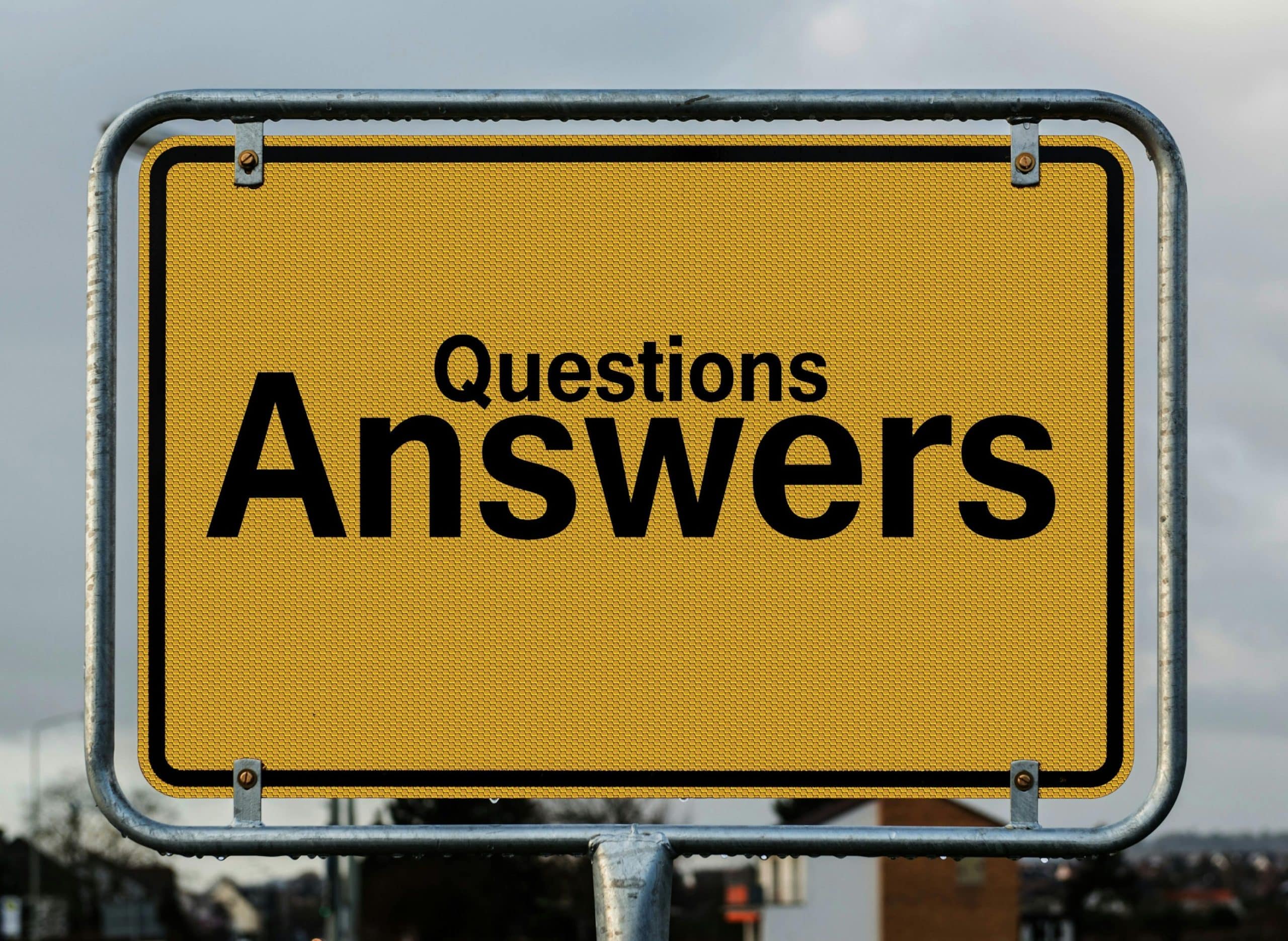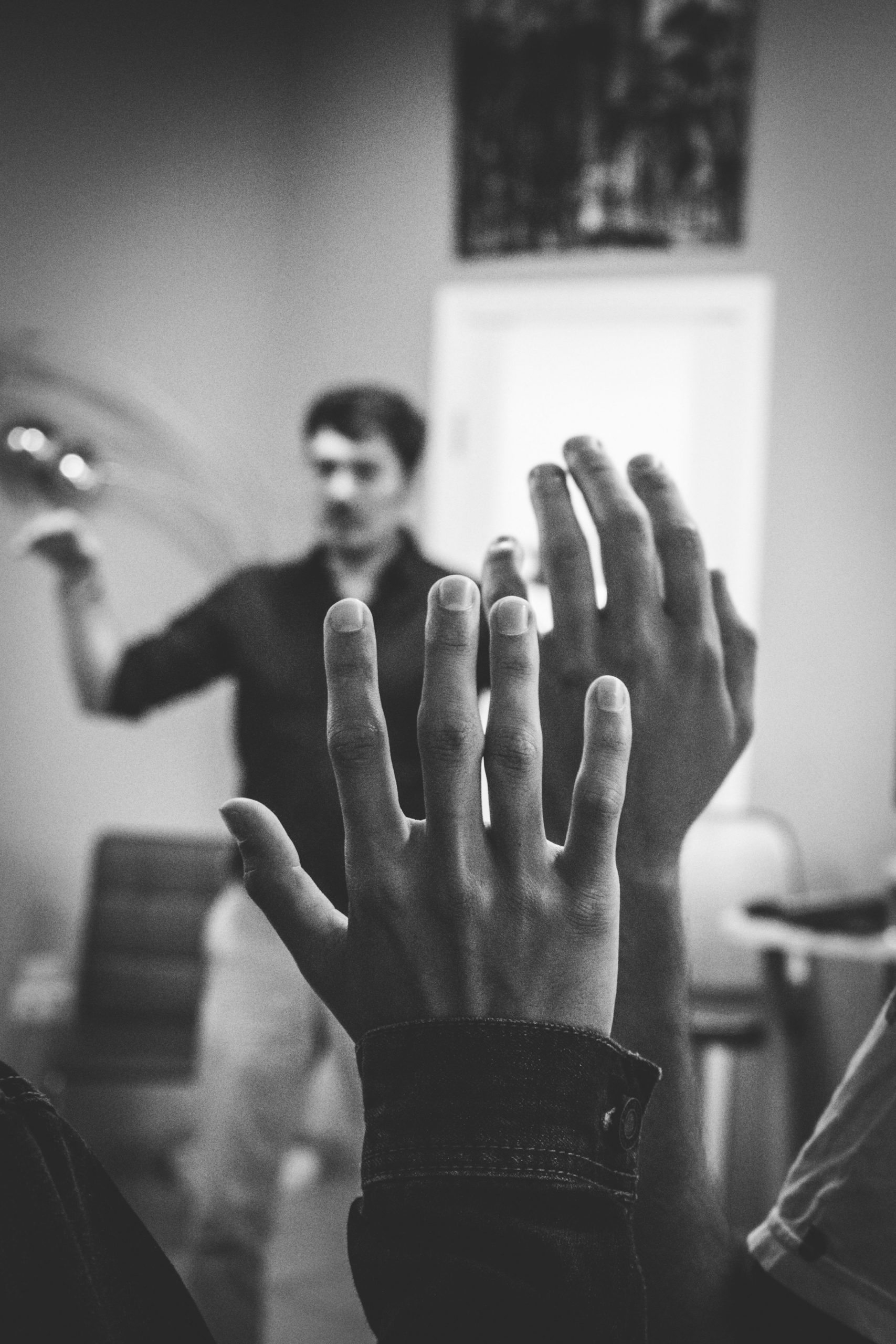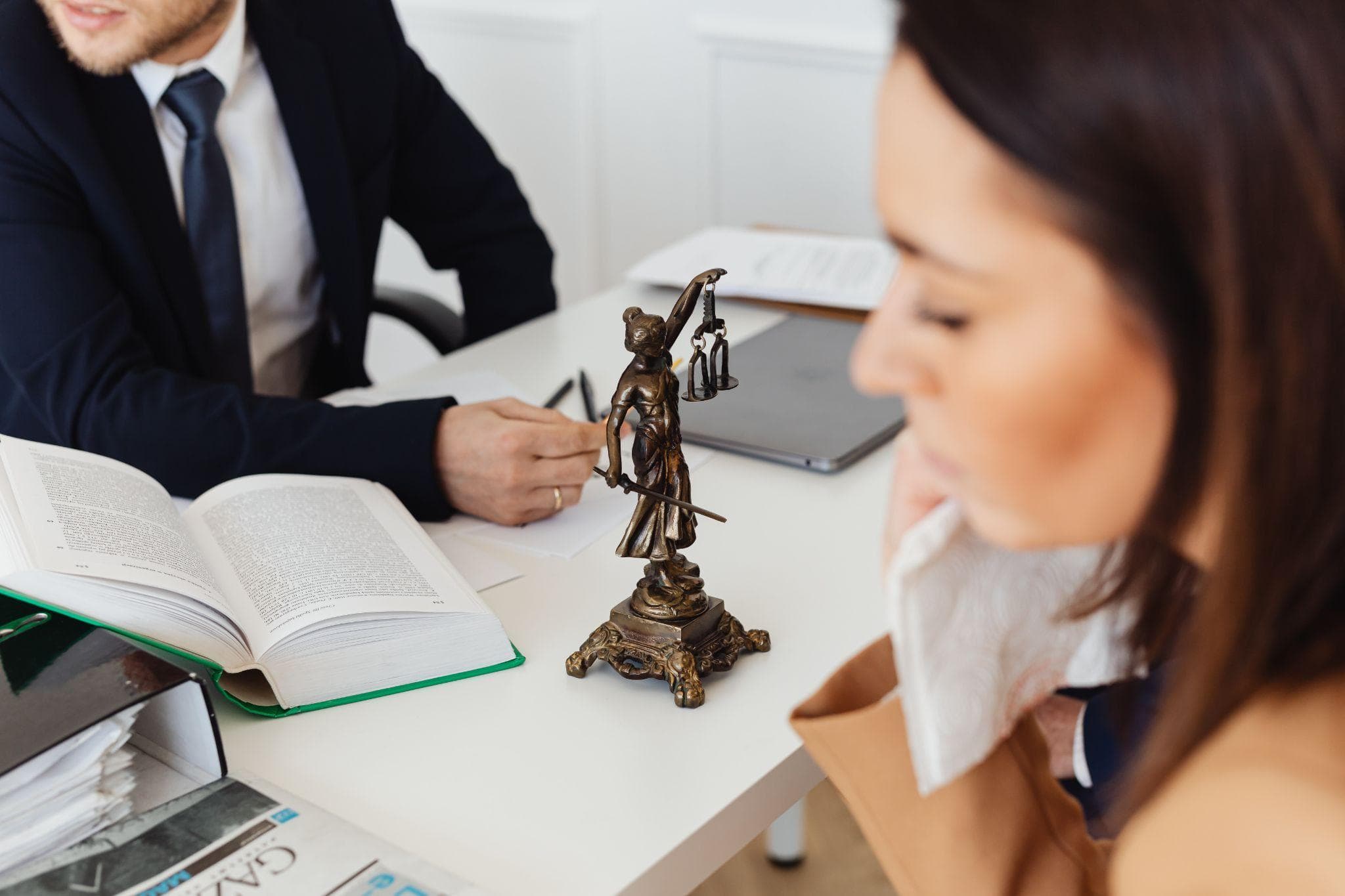
Experiencing ringing in your ears after a car accident can be both alarming and confusing. This condition, known as tinnitus, can significantly impact your quality of life. But should you be worried about this symptom? And more importantly, do you need a lawyer to help you navigate the aftermath of a car accident? This comprehensive guide will help you understand the causes, symptoms, and legal implications of tinnitus following a car accident.
Understanding Ear Ringing After a Car Accident
Ringing in the ears, or tinnitus, is a common car accident injury that can arise from the physical trauma of the crash. This symptom can occur due to various reasons, including damage to the tiny ear bones, exposure to extremely loud sound during the collision, or whiplash injuries. It’s crucial to understand the underlying causes to better grasp the severity of the situation.
What Causes Tinnitus?
Tinnitus after a car accident can be attributed to several causes:
Head Trauma: A blow to the head during a car crash can damage the inner ear or the auditory pathways in the brain, leading to tinnitus. This type of injury is often associated with traumatic brain injury (TBI).
Whiplash Injuries: Whiplash is a common car accident injury caused by the rapid back-and-forth motion of the neck. This motion can strain or damage the neck muscles and nerves, potentially affecting cranial nerve function and leading to tinnitus.
Acoustic Trauma: Exposure to an extremely loud sound during the accident, such as the deployment of airbags or a loud crash noise, can cause acoustic trauma, damaging the inner ear and resulting in tinnitus.
Middle Ear Damage: The middle ear houses tiny ear bones crucial for hearing. Any damage to these bones during an accident can cause tinnitus.
Common Symptoms of Tinnitus After Car Accidents
Tinnitus can present with various symptoms, which may include:
Constant Ringing: A persistent ringing sound in one or both ears.
Intermittent Ringing: Occasional episodes of ringing or buzzing noises.
Hearing Loss: Accompanied by partial or total hearing loss.
Ear Pain: Discomfort or pain in the ear.
Vertigo: A sensation of spinning or dizziness.
Should I Be Worried If I Have Ringing in My Ears After a Car Crash?
Experiencing tinnitus after a car accident is not something to be taken lightly. While it can sometimes be a temporary issue, it can also indicate more serious injuries such as traumatic brain injury or damage to the cranial nerve function. Seeking medical attention promptly is essential to determine the extent of your ear injuries and receive appropriate treatment.
When Tinnitus Can Indicate a More Serious Injury
Tinnitus can sometimes be a symptom of more severe conditions, including:
Traumatic Brain Injury (TBI): A mild traumatic brain injury can cause tinnitus and other symptoms like headaches, confusion, and cognitive difficulties.
Inner Ear Damage: Damage to the inner ear can lead to permanent hearing loss if not treated promptly.
Cranial Nerve Damage: Injuries affecting cranial nerves can cause persistent tinnitus and other hearing issues.
How Long Does Tinnitus Last After a Car Accident?
The duration of tinnitus after a car accident can vary widely. In some cases, it may resolve within a few days or weeks. However, if it persists beyond this period, it could be indicative of a more severe injury, requiring further medical intervention. Chronic tinnitus can significantly impact daily life, causing stress, anxiety, and difficulty concentrating.
What Should I Do When Experiencing Ear Ringing After a Car Accident?
If you experience ringing in your ears following a car accident, it’s crucial to take immediate action:
Seek Medical Attention: Consult a medical professional to assess your condition. This could involve a physical examination, hearing test, or imaging studies to identify the cause.
Document Your Symptoms: Keep a detailed record of your symptoms, their frequency, and any impact on your daily activities.
Follow Medical Advice: Adhere to the treatment plan prescribed by your healthcare provider. This may include medications, therapy, or lifestyle adjustments to manage symptoms.
Contact a Personal Injury Attorney: Seek legal counsel to understand your rights and explore the possibility of filing a personal injury claim.
Can You Sue for Tinnitus or Hearing Loss After a Car Accident?
Yes, you can sue for tinnitus or hearing loss caused by a car accident. If the accident was due to another party’s negligence, you have the right to seek compensation for your injuries. This includes medical bills, lost wages, and other related expenses.
Can I File a Claim for Tinnitus Caused by a Car Accident?
Filing a personal injury claim for tinnitus involves proving that your condition directly resulted from the car accident. An experienced personal injury attorney can help gather the necessary evidence, including medical records, accident reports, and expert testimony, to support your claim.
Potential Recoveries
The compensation you may receive in a personal injury claim for tinnitus can cover:
Medical Bills: Costs of medical treatment, including consultations, tests, and therapies.
Lost Wages: Compensation for the income lost due to your inability to work.
Pain and Suffering: Damages for the physical and emotional distress caused by tinnitus.
Future Medical Expenses: Coverage for ongoing treatment and management of your condition.
Why Do I Need an Attorney in This Case?
Navigating a personal injury claim for tinnitus can be complex. Here’s why hiring an experienced personal injury attorney is essential:
Expertise in Personal Injury Law: A knowledgeable attorney understands the legal intricacies of personal injury lawsuit and can guide you through the process.
Proving Liability: Establishing fault in a car accident can be challenging. An attorney can help gather evidence and build a strong case to prove the other party’s negligence.
Negotiating with Insurance Companies: Dealing with insurance companies can be daunting. An attorney can handle negotiations to ensure you receive fair compensation.
Maximizing Compensation: A lawyer can help identify all potential damages you may be entitled to and fight for maximum compensation on your behalf.
How an Attorney Can Help Me
Experiencing tinnitus after a car accident can be a distressing and overwhelming experience. Seeking the help of a skilled personal injury attorney can make a significant difference in how you navigate the aftermath of your injury and pursue the compensation you deserve. Here’s how an attorney can assist you in this case:
Expert Legal Guidance: An experienced personal injury attorney offers expert legal guidance, helping you understand your rights and options, and making informed decisions about your case.
Comprehensive Case Evaluation: Attorneys thoroughly evaluate your case, examining all aspects of the accident and injuries, to determine the strength of your claim and potential compensation.
Evidence Collection and Documentation: An attorney ensures all critical evidence, such as medical records, accident reports, and witness statements, is gathered and properly documented to build a strong case.
Dealing with Insurance Companies: Attorneys handle all communications with insurance companies, advocating for your interests and ensuring you are not pressured into accepting a low settlement offer.
Negotiating a Fair Settlement: With their negotiation skills, attorneys work to secure a fair settlement that compensates you for medical bills, lost wages, pain and suffering, and future medical care.
Litigation Support: If a fair settlement is not reached, attorneys are prepared to represent you in court, presenting a compelling case to the judge and jury.
Maximizing Your Compensation: Attorneys work to maximize your compensation by identifying all liable parties and exploring all avenues for recovery, ensuring you receive the financial support needed.

Seek Legal Guidance with BLG for Tinnitus After a Car Accident
Ringing in your ears after a car accident can be more than just a minor annoyance; it could signal a significant injury requiring medical and legal attention. Understanding the causes and symptoms of tinnitus, seeking prompt medical treatment, and consulting with an experienced personal injury attorney are crucial steps in protecting your health and legal rights.
If you or a loved one is experiencing ringing in the ears after a car accident, don’t wait to seek help. Tinnitus can be a sign of serious injury, and you deserve to understand your rights and options. At BLG, our experienced personal injury attorneys are dedicated to helping car accident victims get the compensation they deserve.
Contact us today for a free consultation.
FAQs
Can you get compensation for tinnitus after a car accident?
Yes, it’s possible. If tinnitus can be directly linked to the car accident and it significantly impacts your life, you may be able to seek compensation through a legal process or insurance claim.
How long does ringing in ears last after a concussion?
Ringing in the ears after a concussion can vary greatly. It may last for a few seconds to days or even become a chronic condition. It’s essential to consult a healthcare professional for accurate diagnosis and management.
How long does tinnitus last after an ear injury?
The duration of tinnitus after an ear or head injury varies. It may be temporary and resolve within a few days or weeks, or it could become a chronic condition lasting months or even years. Seeking medical advice is crucial for proper assessment and treatment.
Can trauma cause ringing in ears?
Yes, trauma, such as loud noises, head or neck injuries, or sudden changes in air pressure, can lead to ringing in the ears, known as tinnitus. Trauma-induced tinnitus may be temporary or persistent, depending on the severity of the trauma and individual factors.





